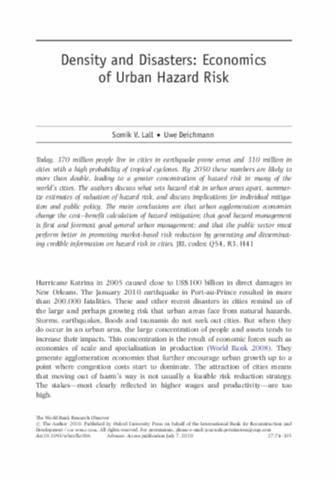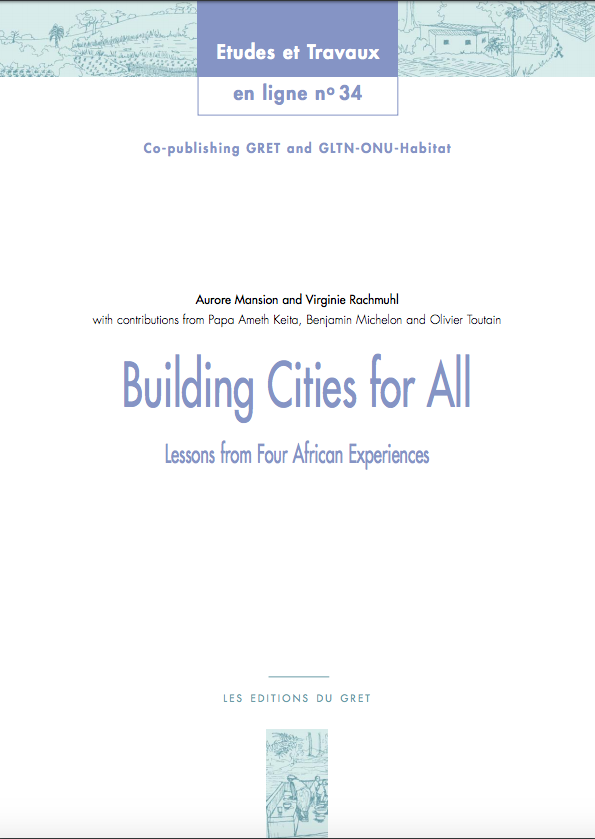Mozambique - Municipal Development in Mozambique : Lessons from the First Decade - Synthesis Report
Municipalities in Mozambique were
established by law in 1997 and elected in 1998 for the first
time, only a few years after the peace agreement. Most
inherited archaic and dysfunctional remnants of colonial and
central government systems and infrastructure, and as such
limited progress was achieved in transforming them into
functioning local governments during the first mandate
(1998-2002). During the second mandate (2003-2008), however,



